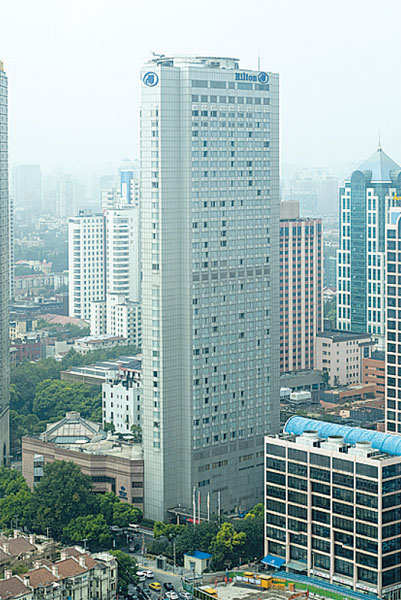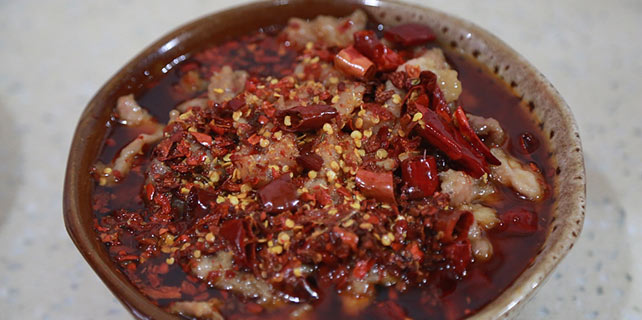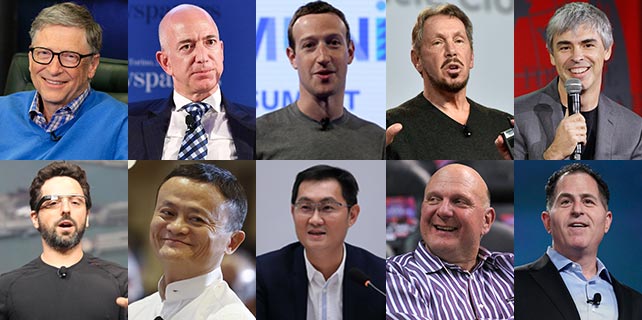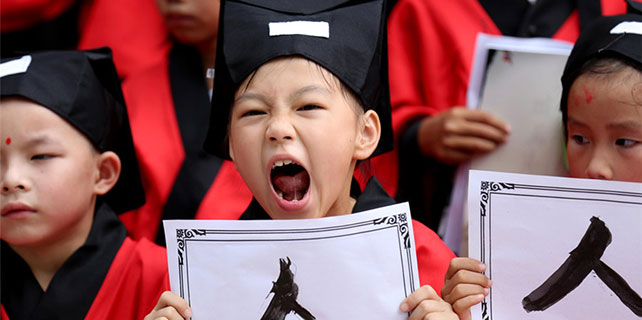Jing'an Hilton to be rebranded in 2018
 |
|
The Jing'an Hilton in Shanghai. GAO ERQIANG / CHINA DAILY |
Jing'an Hilton, Shanghai's first five-star hotel, will no longer be operated by Hilton Hotels and Resorts at the start of 2018, read a statement by the US hospitality group.
According to local media, Shanghai's homegrown hospitality conglomerate, Jinjiang Hotels, will take over the property. Representatives from Jinjiang Hotels told China Daily USA that they were not able to disclose any information as of press time.
Launched in 1988, the 42-floor, 775-room hotel was Hilton's inaugural project in China. The $100 million building was jointly invested by Hilton and Hong Kong's Cindic Holdings Limited.
Peter Budd, the British structural engineer who worked on the construction of the hotel between 1979 and 1984, once said that the building was a symbol of China's opening-up to the world.
News of the hotel rebranding has sparked a wave of nostalgia among the city's hoteliers who used to refer to the hotel as "the West Point Academy of the hotel industry in China" during the 1990s. Social media was also abuzz with chatter as people reminisced about how the building used to be a landmark in Shanghai.
Chen Yunrong, the former food and beverage manager at one of the seven restaurants in the hotel, remembered that she was once the subject of envy because she got to work in an air-conditioned environment.
Zhang Shuhao, a former housekeeping manager at the hotel, told a local newspaper that he was one of the 92 university graduates that the company recruited to be management trainees. Since no one had any idea what a five-star hotel was, they were sent to Hong Kong for two months to stay at various luxury hotels and experience the service standards.
It was not until the late 1990s that major international hotel brands started to venture into Shanghai. Today, the city has become one of the world's most competitive markets for the hospitality industry, with almost every major player having a presence.
He Jianmin, a professor at the Shanghai University of Finance and Economics' tourism college, called the hotel's rebranding a "normal readjustment" of the local industry. He added that such news are likely to become more frequent in the coming years.
"Thirty years ago, the high-end hospitality industry was mainly dominated by inbound tourists. Today, Chinese guests are the ones who form the majority of the clientele at the country's five-star hotels," said He.
Statistics from the national tourism bureau showed that Chinese travelers made 4.4 billion domestic trips in 2016.
xujunqian@chinadaily.com.cn









